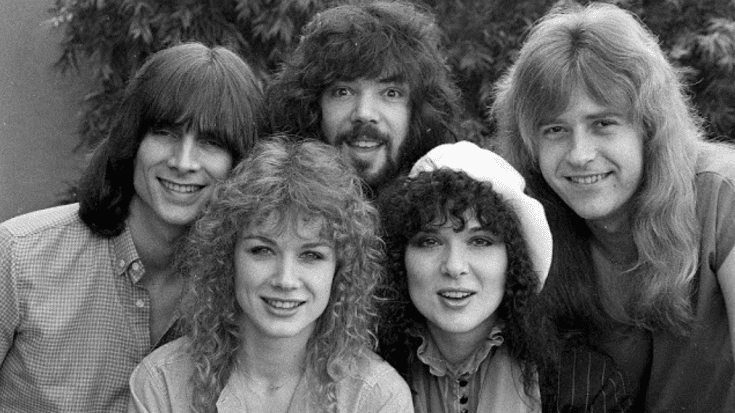7 Classic Rock Bands That Were Past Their Prime in the 80s

via Hideo Kadowaki / YouTube
The 1980s were a transformative period for many classic rock bands. While some adapted successfully to the changing musical landscape, others struggled to maintain their former glory. This list highlights seven iconic bands whose peak years were behind them during the ’80s, either due to internal conflicts, changing musical tastes, or shifts in the industry.
1. The Police
By the mid-1980s, The Police had reached the height of their commercial success. Their 1983 album Synchronicity topped charts worldwide, featuring hits like “Every Breath You Take.” However, internal tensions led to their disbandment in 1984. Attempts to reunite in 1986 were short-lived, and the band’s inability to produce new material marked the end of their active years.
Despite their brief tenure, The Police left a lasting impact on rock music. Their fusion of punk, reggae, and new wave elements set them apart in the late ’70s and early ’80s. However, by the end of the decade, their absence from the music scene signaled the conclusion of their era.
2. The Kinks
The Kinks experienced a decline in popularity during the 1980s. Their 1986 album Think Visual received moderate success, peaking at number 81 on the Billboard charts. Subsequent releases, including The Road (1987) and UK Jive (1989), failed to make a significant impact, with the latter briefly entering the U.S. charts at number 122.
Internal conflicts and changes in the music industry contributed to their waning influence. By the end of the decade, the Kinks had lost their previous prominence, marking a period of decline in their career.
3. Heart
Heart’s early success in the 1970s and early ’80s gave way to challenges in the mid-’80s. Albums like Private Audition (1982) and Passionworks (1983) received poor sales and critical reception. Despite this, the band managed to achieve some success with the single “How Can I Refuse,” which reached number one on the Billboard Mainstream Rock Chart.
Despite lineup changes and shifting musical trends, Heart continued to perform and release music. However, their commercial success and critical acclaim had diminished by the end of the 1980s.
4. REO Speedwagon
REO Speedwagon enjoyed significant success in the late ’70s and early ’80s, but by the mid-’80s, their popularity began to decline. The 1987 album Life as We Know It saw a drop in sales, though it produced top-20 hits like “That Ain’t Love” and “In My Dreams.” Their 1988 compilation album The Hits featured new tracks, including “Here with Me,” which cracked the Top 20 of the Billboard Hot 100.
Despite these efforts, internal changes and a shift in musical trends contributed to their fading prominence in the late ’80s. By the end of the decade, REO Speedwagon had moved past their peak years.
5. The Go-Go’s
The Go-Go’s achieved success in the early ’80s with their album Beauty and the Beat. However, internal conflicts and changing musical landscapes led to their disbandment in 1985. Attempts at reunions in the late ’80s and early ’90s were short-lived, and the band struggled to recapture their earlier success.
Despite their influence on the new wave scene, the Go-Go’s were largely inactive during the late ’80s. Their absence from the music scene during this period marked the end of their active years.
6. The Who
The Who faced significant challenges in the 1980s. The death of drummer Keith Moon in 1978 left a void, and the band’s 1982 album It’s Hard received mixed reviews. Despite this, they announced a farewell tour, signaling a decline in their prominence.
The band’s inability to maintain their previous energy and success during the 1980s marked a period of decline in their career. While they remained active, their influence and popularity had diminished by the end of the decade.
7. ZZ Top
ZZ Top’s early success was rooted in their blues-rock sound. However, in the 1980s, they embraced synthesizers and drum machines, leading to a more polished, radio-friendly sound. Their 1983 album Eliminator featured hits like “Sharp Dressed Man,” blending electronic elements with their traditional sound.
This transformation led to mainstream success and heavy MTV rotation. However, purists criticized the band for straying from their original musical identity. Despite this, ZZ Top continued to perform and release music throughout the 1980s.












